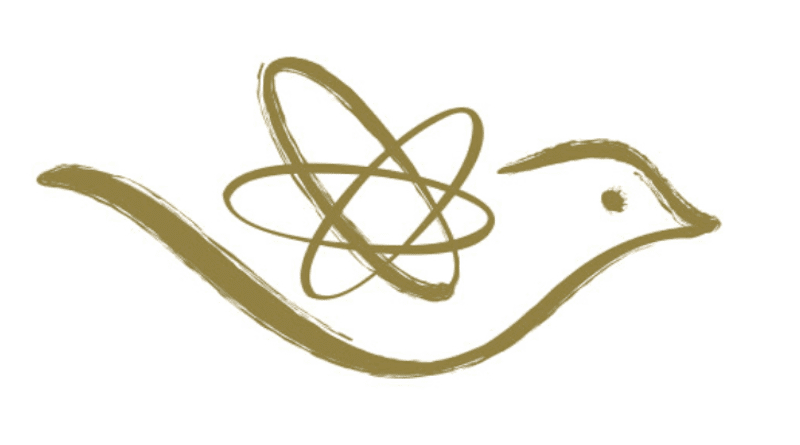Amidst Discord And Dialogue: Assessing NPT Preparatory Committee 2023 – OpEd
By Sher Bano
The failure of several Review Conferences of the Treaty on the Non-Proliferation of Nuclear Weapons (NPT) to reach an agreed outcome has been primarily has primarily stemmed from substantial disparities among participating States. The States parties have however recognized the potential for enhancing the efficacy of the preparatory cycle.
This recognition prompted the decision reached on August 26, 2022, during the culmination of the 10th NPT Review Conference, which established a Working Group tasked with fortifying the review process. This Working Group’s mandate encompasses deliberating and formulating recommendations for the Preparatory Committee, with the aim of enhancing various aspects such as effectiveness, efficiency, transparency, accountability, coordination, and continuity within the Treaty’s review process.
The inaugural Preparatory Committee (PrepCom) meeting for the 11th Review Conference of the NPT transpired from July 31 to August 11, 2023, in Vienna. Amidst a backdrop of formidable challenges encompassing the Ukrainian conflict, heightened nuclear risks, escalating rhetoric, and renewed discourse regarding the utility of nuclear armaments, this meeting held substantial significance in shaping the direction and ambiance of the forthcoming 11th review cycle.
However, the Preparatory Committee encountered an impasse in achieving a unanimous agreement, a prerequisite for adopting the final document. This deadlock arose due to opposition from Iran, Russia, and Syria. Consequently, to facilitate the adoption of the PrepCom’s procedural report and create a record of the meeting, the Chair decided to withdraw the summary. The Chair had already concluded that consensus for adopting it as a PrepCom outcome was lacking. However, similar to previous PrepCom Chairs in 2017, 2018, and 2019 review cycles, the Chair had intended to submit the summary as a working paper under his authority. Yet, this approach encountered resistance from Iran, supported by Russia and Syria, who objected to even listing the summary as a working paper.
The principal concern articulated by the Iranian delegation pertained to the summary’s perceived negative portrayal of Iran, particularly concerning the Joint Comprehensive Plan of Action (JCPOA), thereby presenting a skewed perspective. Iran further criticized what it deemed to be a Western bias that pervaded the entire summary. This bias was construed as a manifestation of preferential treatment given to the viewpoints of Western Group delegations, which, in the view of Iran, was at the expense of other participating delegations.
Russia’s objections centered on the Chair’s recommendations for the subsequent PrepCom. The Russian delegate characterized the recommendations paper as novel and potentially disruptive to the ongoing review cycle. In this context, it was highlighted by the Canadian delegation that the current Chair’s approach, while perhaps more direct in framing reflections as recommendations, did not truly constitute an innovative departure. Furthermore, as underscored by numerous delegations, it is customary within multilateral processes for Chairs to present documents and reflections in their individual capacity, raising concerns about a limited number of delegations questioning this established practice.
The interventions made regarding the draft factual summary encompass a range of many other concerns. Brazil, followed by Cuba, China, and Iran, raised an issue regarding the repeated use of “states parties,” suggesting that it might create a false impression of unanimity. The United States concurred, noting that this phrasing didn’t accurately represent the existing divisions. The United Kingdom interpreted “states parties” as an open-ended term devoid of consensus implications. Paragraph 1, characterizing the NPT as the cornerstone of non-proliferation and nuclear disarmament, was contested by Brazil and several other nations for implying a hierarchy between these two objectives. China supported the inclusion of paragraph 25 about No First Use, while France opposed it. France sought to insert that Iran’s highly enriched uranium lacked civilian justification in paragraph 87, supported by Germany, but Iran and Russia resisted. Russia argued against paragraph 88, alleging lack of evidence in the accusations, a stance shared by Syria which also criticized its omission of condemning the Israeli attack. Iran further challenged paragraph deletion, asserting that it did not accurately reflect the discussions.
China and Iran underscored the absence of reference to AUKUS in the summary, despite voiced concerns about its non-proliferation and safeguards implications. Likewise, Iran protested the omission of concerns regarding Japan’s plan to release contaminated water from Fukushima. During deliberations on paragraph 23, which enumerates Preparatory Committee documents, Iran opposed the inclusion of the draft factual summary. Russia and Syria aligned with Iran, while Canada recalled the past inclusion of Chair’s summaries as working papers. Austria clarified that the factual summary didn’t signify consensus and would be presented under the Chair’s personal capacity. Iran opposed listing it as a working paper, fearing a negative spotlight, leading to the Chair’s decision to retract the draft factual summary. The Chair stressed their prerogative to submit working papers, clarifying that this action shouldn’t hinder future Chairs’ authority to do the same.
The PrepCom 2023, initially viewed as a potential turning point for states parties to momentarily set aside lingering debates surrounding the nature of nuclear risks, aimed to initiate a concrete plan to actively diminish these risks leading up to the 2026 RevCon. Regrettably, the anticipated consensus remained elusive, signaling that the critical stride toward steering the global course towards increased safety remains a contested endeavor. As the challenges persist and opinions diverge, the imperative for collaborative action to reduce nuclear risks stands undiminished.

